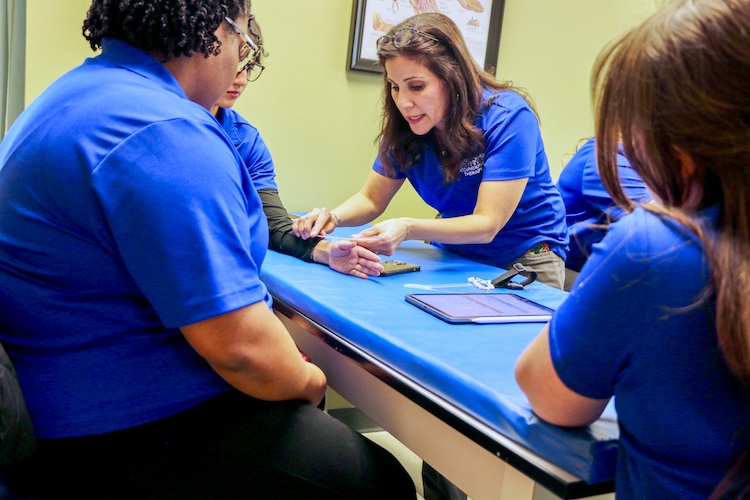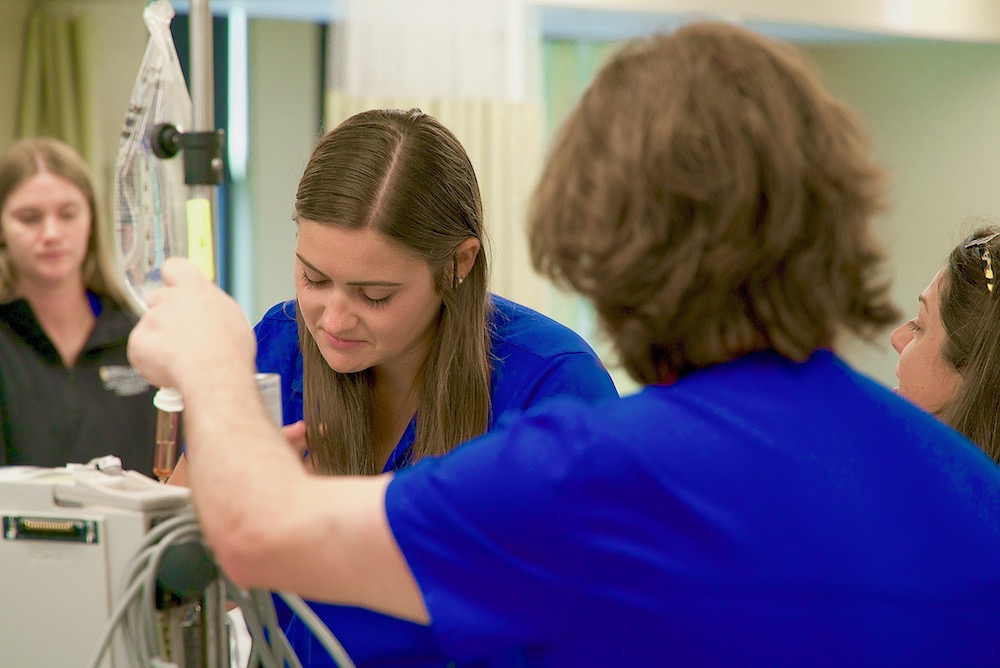Spalding University
Auerbach School of Occupational Therapy (ASOT)
Degrees Offered
$85,570
14%
Up to 20%
Change Lives With an Occupational Therapy Degree
Spalding University’s Occupational Therapy Doctorate (OTD) program in the Auerbach School of Occupational Therapy (ASOT) prepares students to meet the needs of the times with compassionate action based upon best rehabilitation principles and evidence-based practice through community outreach, service, and research. The OTD offers students the opportunity to advance their preparation and application of in-depth knowledge in practice skills, research skills, administration, leadership, program and policy development, advocacy, education, and the application of theory.
The Occupational Therapy Doctorate will be the single point of entry into the profession of occupational therapy in the near future with an emphasis on scholarship, leadership and enhanced practitioner autonomy. We offer an entry-level OTD and a post-professional OTD.
Small Class Sizes, High Standards
The entry-level OTD has a maximum of 35 students per cohort. You will move throughout the 3-year program alongside our peers. The small group setting ensures high standards and accountability for both students and faculty.


Career Readiness
Through service-learning, field placements, and clinical practice you will have the opportunity to network and gain a greater understanding of the world and your place in it. Our downtown location connects you with community projects, local businesses, and nonprofit organizations.
Accreditation
Spalding University’s Auerbach School of Occupational Therapy is accredited by the Accreditation Council for Occupational Therapy Education (ACOTE). That means that you are getting a quality education that follows industry best practices. Our goal is to achieve the best outcomes for every student.
